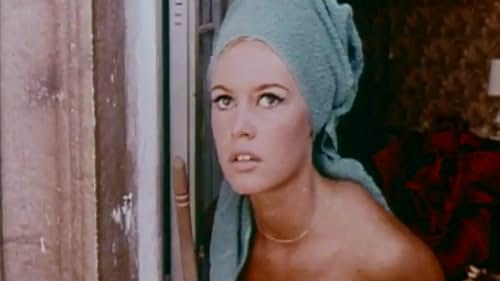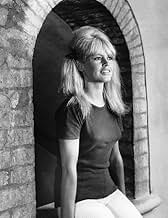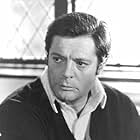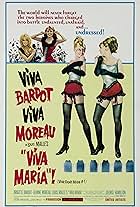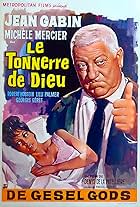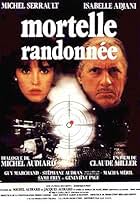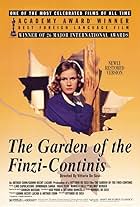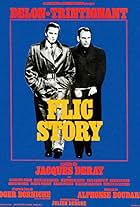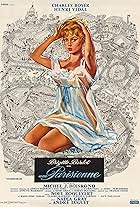Malle was an accomplished director of varied taste -- witness Pretty Baby (1977), a study in adolescent prostitution, and Au revoir les enfants (1986), a devastating account of youth in a private school in collaborationist France (with autobiographical hints.) But in Vie privee (1962) -- and please, it is Vie privee, not La vie privee (there is a difference) he achieved a dazzling, virtuosic, and at times subtle, at times hypnotic study of a movie starlet's sudden rise and precipitous fall from the limelight; her intense ambition, hiding a neurotic self-love, seems to evaporate as her life enters a new phase, becoming involved with a friend's former lover whom she had looked to for help. Bardot is captivating: she fills the screen, by turns stunning, radiant, and brooding, playing the role as though it were her life's story; add a suave and elegant Marcello Mastroianni as the glitterati who hides the fallen starlet from public view, and you have an electric mix. Watch the film in French with subtitles, please: only the original French conveys the cynical boredom of Jill (Bardot's character) and the paparazzi who swarm around her. And watch it also for Henri Decae's camera -- how it jumps from face to floor, cropping a doorway so that Bardot fills it, for example! -- and for Bernard Evein's glorious saturated colors. And the account of the Verdi Requiem at the Spoleto Festival makes a nice counterpoint to Jill's mundane existence with Fabio (Mastroianni). Oh -- the 'difference' mentioned in the French title is that without the 'La' ('the') vie privee carries a suggestion of 'a deprived life' as well as 'a private life.' Compare to the American version, called 'A Very Private Affair'!

